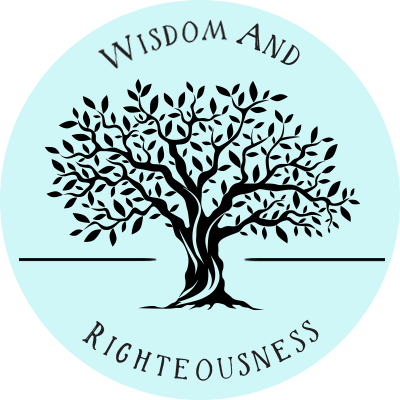Each year, when I evaluate what we did that stuck with my kiddos and what we learned that left our brain by the end of the year (or sometimes just end of the day), I am continually struck that the things the kids held onto had to do with their memory work specifically, or things related to their memory work topics. Once the kids memorize a fact about something, thier brain naturally classifies related information with that piece of memory work, and it hangs around in their brain, to be recalled later. While some parents argue that rote memorization is not that useful because they are just memorizing snippets, I feel like these parents are missing the beauty of the memory work.
If you have your child memorize a handful of basic facts, they can then spit out the facts even if they have no idea what they are talking about. Not very impressive, right? But when they memorize those facts, they are instantly interested in anything having to do with that memory work because they think they know something about it. And that new information then becomes filed with the memory work, and "poof" – not only is the connection made (by the student, not the teacher, which means they will probably remember it more readily), but also this new information already has a file to be stored in next to the other information in the child's brain. I have seen this happen in real life over and over again. How fun it is to see your children discover the world and make connections all on their own because they know they can learn and remember something!
On the flip side, when we teach our child strictly by connection, they may hear the information, and be able to regurgitate what you just said, but with no where to store it, and no correlations to make on their own, it quickly passes out of their memory. In essence, worksheets related to this educational method are attempting (though not very successfully) to have the student focus on the most basic information, repeat it to themselves in order for them to have a higher liklihood of remembering it. It seems to me that this is just an inneffective means of trying to accomplish the same goal. In essence we want the child to remember at least the key concepts of what they have been taught (memorize) and perhaps relate it to other things they learn.
So, why I ask, does traditional education start with all of this content, if in the end, we want them to memorize the basic facts? Why not start with the memorization of the basic facts, and then move on to correlating it with content? This is what the classical model does in the early stage (a.k.a. grammar stage), and does quite well.

I started reading, "The Schools We Need and Why We Don't Have Them," and the author talked about knowledge building upon knowledge and how when we know facts we can make connections. We can't make connections about things we don't know about.
This is really interesting to me. I'm learning about homeschooling methods and while I love Montessori, I don't think I have the energy to prepare *that much* for every lesson etc. I read The Well Trained Mind and it was the memorization that turned me away from it, but the more I read on blogs about homeschooling, the more I am interested in classical method. Some good info here to think about – thanks!
I would LOVE for you to host a giveaway for your Lapbooks for this coming year! Please!
Love this post, Karen! We just embarked on a fascinating study of history of the calendar, and so much of it linked back to our memory work that it was not boring, but meaningful and relevant!
Thank you for contributing to the Blog Carnival this month!